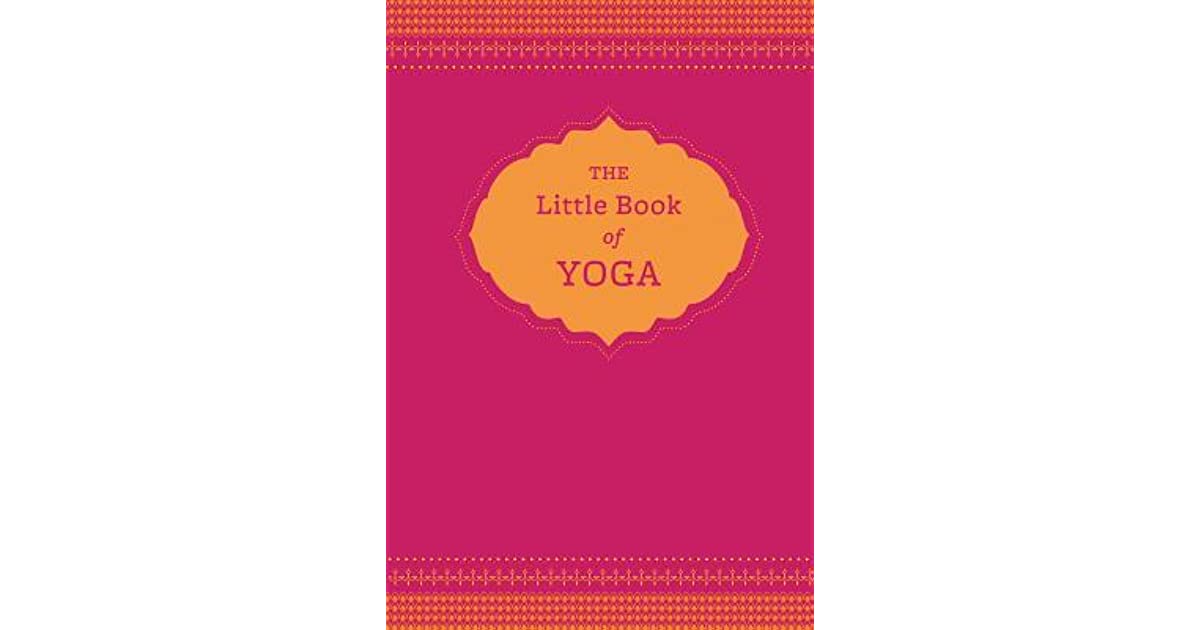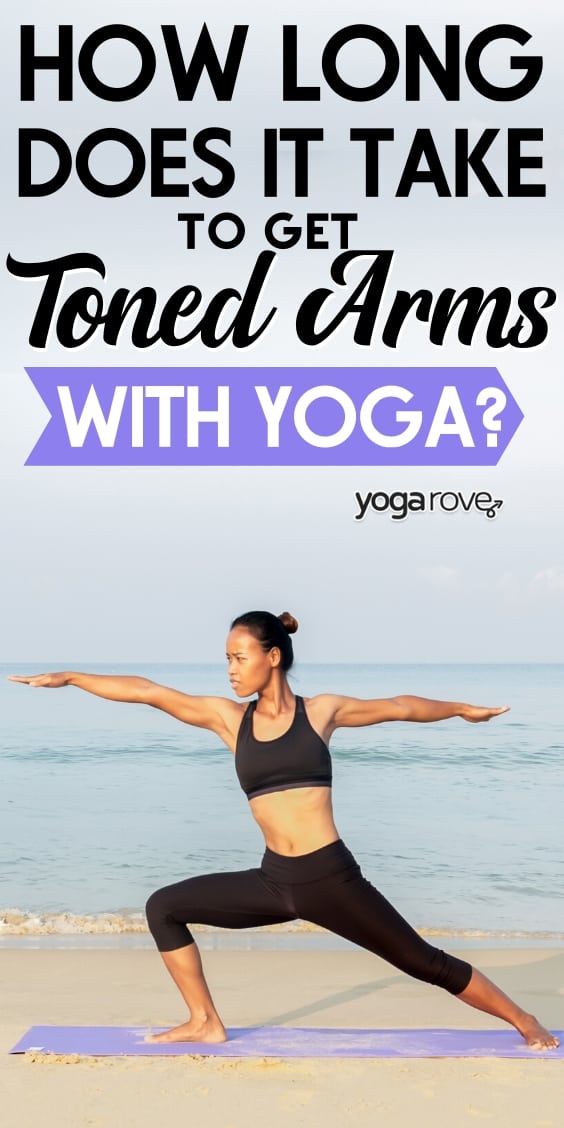
A yoga for beginners guide will help you get started with the basics of this amazing exercise. Yoga is a great exercise option. It's accessible to all levels of fitness. There aren't complicated terms to learn and you don’t have to be an athlete in order to get started. You just need to be able to understand yoga and want to learn more. This article will show you how to get started with yoga and the different styles.
Iyengar yoga
The Iyengar yoga beginners guide provides a valuable resource for those who want to learn the different positions. This yoga system is popular for its many benefits, including a logical structure for learning. It is possible to not feel like you are progressing if your poses don't seem natural. If you feel stuck, a beginners' manual can provide the guidance you need.
Guidance is the key to Iyengar yoga's success. Iyengar yoga teachers will guide you, regardless of your level of experience. Iyengar teachers possess a wealth of experience and can assist you in recovering from injuries or chronic conditions. This type of yoga can help you relax and loosen tight muscles.
Ashtanga yoga
Ashtanga yoga is an excellent form of exercise that beginners can learn. Asanas are progressive. You must master each pose before moving on. This series is often short and easy for beginners to learn. The practice should only take a few moments each day. Once you get used to it, you'll soon be hooked on this challenging form. Regular practice will bring about noticeable improvements for beginners.

Ashtanga yoga's seven limbs are a system for exercising and maintaining health and well-being. The pranayama (breath controlling) is the first. The second is the Niyama, which literally means "relaxation". This technique seeks to relax the body by increasing oxygen. The final stage is called Samadhi, which translates to "ecstasy." Ashtanga yoga's beginner level is broken down into six series.
Jivamukti Yoga
The Jivamukti Yoga Beginners Guide is intended to help you develop a practice as well as a mindset to cultivate a lifestyle. It will help you cultivate the qualities of patience and humility as well as calmness. It also helps you develop a strong connection with God, known as bhakti. These virtues are essential for a more spiritual life. Jivamukti Yoga can help you start your spiritual journey. You can find a class near to you or consult an acute instructor.
As you practice the Jivamukti yoga for beginners, you'll develop the essential skills and techniques for transforming yourself into a spiritual master. This yoga style encourages nonviolence and teaches love and compassion. It also teaches how to connect with your surroundings and the divine. This is a powerful tool for life. For example, you can combine meditation with inspirational music to enhance your practice.
Plank pose
You might be new to yoga and wondering how to perform the Plank position correctly. The pose works your entire body, including your back and neck. You should not lift or lower your hips to maintain your posture. If it is difficult for you to hold the pose, try practicing on your knees. You will eventually be able to do a full plank. Here are some tips to help keep you safe and do it correctly.
Start in Plank Pose, with your palms facing the floor and your feet pointed towards the ground. Keep your shoulders low and your chest high. Your knees should be parallel to the floor. Keep your head elevated and keep your spine neutral. For at least 30 seconds, hold this position. While your arms may feel tired, this won't be an issue.
Interval breathing

Interval breathing is a great way to get in touch your body's natural rhythms, no matter if you are a beginner or seasoned yogi. Yoga practitioners have higher BRSs, spectral BRSs, and sequence BRSs. Their breathing is spontaneous and less stressful, this means. The standard deviation of consecutive beat to beat systolic bloodpressure differences for yoga practitioners is also higher.
This breathing exercise is done by pressing your tongue against the roof of your mouth. Next, open your mouth slightly and press your tongue towards your nose. Slowly close your eyes and exhale until the bottom of your lungs are reached. You will feel relaxed and rejuvenated after this practice for around two to three more minutes. As you become comfortable with the process, you can increase the number of repetitions you do to make it more challenging. Guide to yoga for beginners: Interval breathing
Tadasana
Tadasana can have many benefits. It is the most basic pose in yoga. This relaxing position strengthens the body and legs. It helps to correct many postural faults and improve posture. This pose is great for beginners and a great way of easing into yoga.
In the Tadasana, you are establishing a connection between your breath and your mind. This posture can help to calm your mind. This posture will allow you to have more clarity about your likes and dislikes. If you are having trouble concentrating, you should learn about this pose first. This can help you relax and improve your posture. It also improves your mental abilities. It is also a good way to lower body fat and improve your endurance.
FAQ
Why is mental well-being important?
Mental health is vital for everyone. Mental health is vital for anyone. A healthy mind is vital.
If we are not feeling well mentally, our bodies will start to show signs of stress. This could lead to physical problems such as headaches, stomach aches, backaches, and more. It is important to take care for our bodies and minds in order to maintain a healthy balance.
What can I do to improve my mental health and well-being?
When we feel stressed out at work, home, school, or with our families, mental health is crucial for all of us. It is important to get regular exercise, eat healthy foods, sleep well, spend quality time with your loved ones, and to take care of your mental health. Exercise releases endorphins that make us feel happier. A healthy diet is important for our bodies to function properly. Good sleep gives us energy all day. Spending quality times with loved one improves relationships and reduces stress.
Why is it important to improve your emotional health?
For happiness and well-being, emotional health is crucial. If you don't feel emotionally healthy, you won't be able to perform at your best. People suffering from depression often have difficulty working. They may also experience anxiety, panic attacks, insomnia, and other symptoms. The good news about these conditions is that they can be successfully treated using medication and therapy.
How does mental health affect our daily lives?
At some point in our lives, everyone is susceptible to mental illness. The only difference between someone with mental illness, and those without, is the fact that they do not seek help. Talk to someone when you feel that something isn't right. There are many options for dealing with anxiety, depression, stress, such as medication, therapy, exercise, diet and meditation.
What are some mental-emotional issues?
Any condition that causes severe distress or impairment in functioning is considered a mental disorder. Mental disorders include anxiety, bipolar disorder (depression), schizophrenia, borderline personality disorders, obsessive-compulsive disorders, post-traumatic stress disorder (PTSD), eating disorders, substance abuse and other.
Why mental health is important?
Play, work, learning, and love are all important. Mental health refers only to our overall health. This includes all the factors that can impact our mental, physical, emotional, spiritual, and social well-being every day. There are many options for taking care of yourself mentally and physically as well as emotionally, spiritually, financially, and socially. It's not necessary to do all the things at once. You can just start!
Understanding where you are now is the first step to improving your mental health. This quiz will help you determine if you are doing enough to improve your mental health. If your score is low you might need to change your lifestyle.
You scored well, congratulations! Let's now look at what you can do to maintain or improve your mental health.
-
Get enough rest. Get enough sleep to keep your brain alert and stimulated. The American Academy of Pediatrics (AAP), suggests that you get 7-8 hours of rest each night.
-
Exercise Regularly. Exercise releases endorphins in your body which makes you happier and less likely to stress. You should aim to exercise for 30 minutes five times a week.
Statistics
- Appropriate nutrition and exercise are likely among the most efficacious and cost-effective positive mental health interventions. (ncbi.nlm.nih.gov)
- More than 40 million adults in the United States have an anxiety disorder, but less than 37% of people seek mental health treatment for their symptoms. (talkspace.com)
- In any given year, an estimated 18.1% (43.6 million) of U.S. adults ages 18 years or older suffered from any mental illness, and 4.2% (9.8 million) (healthypeople.gov)
- Similarly, while there is some agreement about the boundaries of typical mental disorders 2, there is likely less agreement about those for positive mental health. (ncbi.nlm.nih.gov)
- Neuropsychiatric diseases are the leading cause of death and disability in the U.S., accounting for 18.7 percent of all years of potential lifespan loss and premature mortality.
External Links
How To
How to Improve Memory
Memory is one of those things that everyone wants to be able to remember better. Unfortunately, memory loss can happen to anyone at any time. More than half (50%) of Americans over 65 have some form of dementia.
It doesn't matter if you have Alzheimer's, dementia or another form of cognitive decline. There are lots of options to help improve your memory. Here are three simple steps you can try today:
-
Consume More Fruits & Vegetables. Vegetables and fruits are rich in antioxidants, vitamins and minerals as well as fiber and phytochemicals which can boost brain function. They also have essential nutrients that protect against neurological disease.
-
Get enough sleep. A lack of sleep can lead to memory loss and poor concentration. Sleep well for seven to eight hours each night.
-
Take A Walk. Walking increases blood flow to the brain which can improve memory. Walking makes you slimmer and healthier.